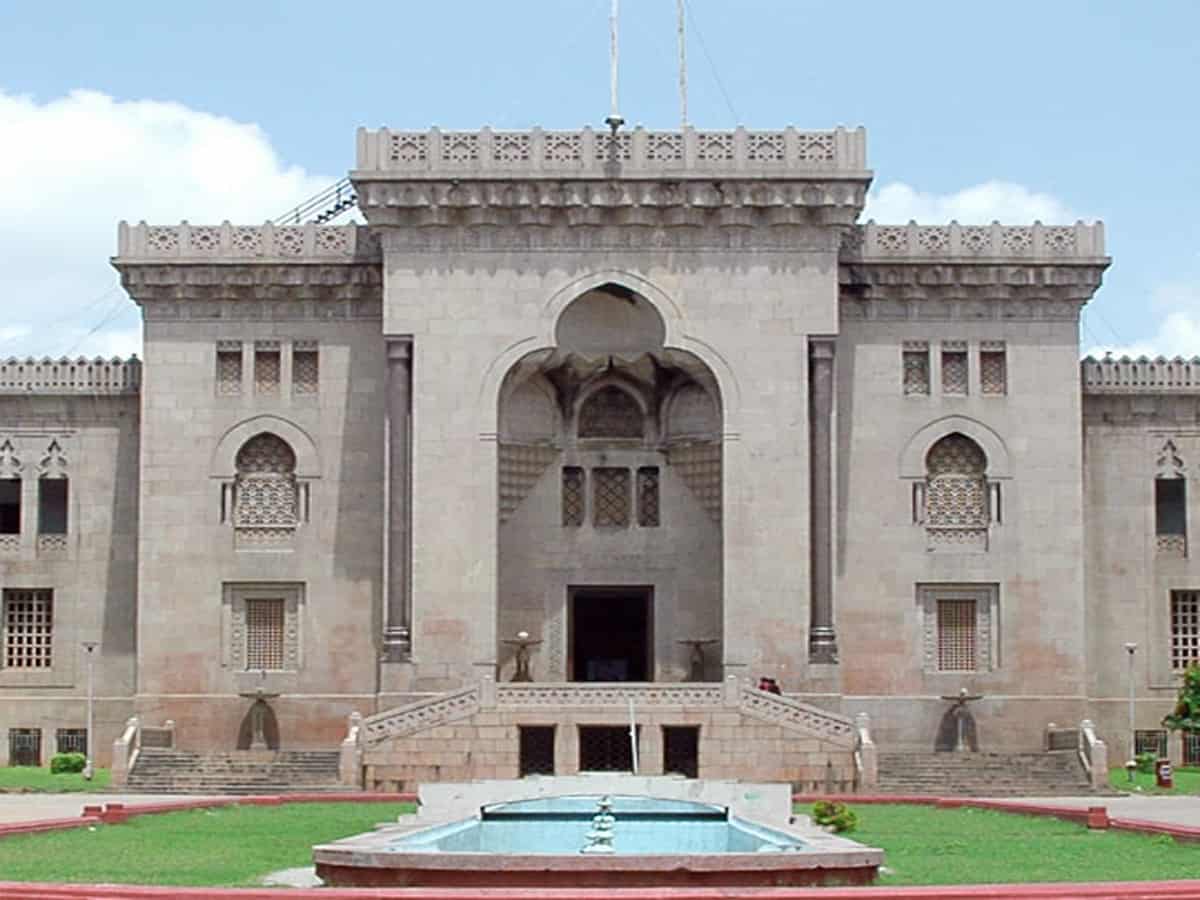Hyderabad: Biodiversity Park, also known as Oxygen Park, will be built on the Osmania University (OU) campus in the near future, according to university authorities. The park will be 200 acres in size and will be located near the IPE building on campus’s interior. Various native plant species will be planted as part of the initiative, and the park will be scientifically managed by a team of university academics.
The university campus is home to several varieties of flora and fauna. In fact, there are various plants that have medical properties. However, over time, the biodiversity of the campus suffered as a result of natural changes combined with human interventions.
With the projected Biodiversity Park, university authorities want to restore the campus’s biological system by scientifically managing the campus’s wildness. According to university sources, the proposed park will be divided into multiple zones, one of which will be the oxygen park, which will be accessible to those who pay the user fees.
Walking on Osmania University campus will now charge Rs 200
In the previous three years, the university administration, in partnership with the Hyderabad Metropolitan Development Authority (HMDA), has conducted a large-scale green drive, planting about ten lakh seedlings as part of Haritha Haram. Flowering plants and trees, such as Gulmohar, were planted in abundance along the roadway. Similarly, fruit-bearing trees such as guava, pomegranate, and Jamun seedlings were planted on the campus. These planter initiatives have had great benefits throughout the years, significantly increasing the green cover on campus.
According to OU vice-chancellor Prof D Ravinder, a massive reforestation push was undertaken on the campus as part of the Haritha Haram programme. “A biodiversity and oxygen park is being planned for the campus.”
“The oxygen park will feature walking paths for everyday walkers, and individuals will be permitted on user fees of Rs 200, which have already been declared,” he added.
Prof D Ravinder explained that the plan to impose fees is intended to give customers amenities such as bio-toilets and sitting arrangements while also curbing mischief-makers.







